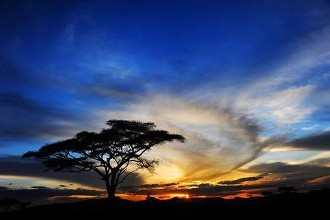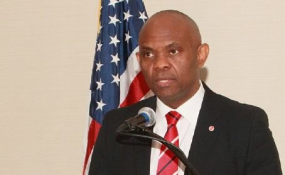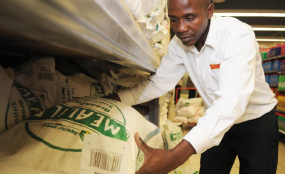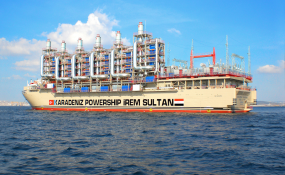Tanzania Breweries Limited said it would enhance public awareness on responsible drinking to rid the nation with effects of harmful drinking.
The Dar es Salaam Stock Exchange listed breweries company which leads in the country in terms of market share, said it would increase efforts to promote responsible drinking and discourage the harmful use of alcohol, including binge drinking, underage drinking and drink driving.
The declaration from the beer maker comes at the time Tanzania is marking Road Safety Week which reaches in climax in Geita Region this week. TBL is one of partners who support various activities under the week.
TBL Group Executive Director, Robert Jarrin said education on responsible drinking are one of declarations reached by breweries companies and other companies which produce alcoholic drinks in 76 countries during Global Beer Responsible Day held recently.
He said the brewing companies in partnership with governments and NGOs, workers and customers to support campaign to promote responsible drinking.
"As producers of beers and other alcoholic drinks, it is our responsibility to educate our customers to drink responsibly and for the sake of their health and instead of causing harmful effects including failing to participate in production activities due to drinking.
TBL Training Officer, Gasper Tesha said the company has been conducting training to various groups in the society and continues to reach out to the people through seminars, mass media and leaflets which have been distributed by the company to areas of public gathering.
He said one of the objective for promoting responsible drinking to make sure the society is rid of harmful effects of alcohol drinking.
They have been promoting responsible drinking for entertainment and boosting their health. He said responsible drinking would help to reduce road accidents because statistics show alcohol drinking is one of the causes of accidents in the country.










